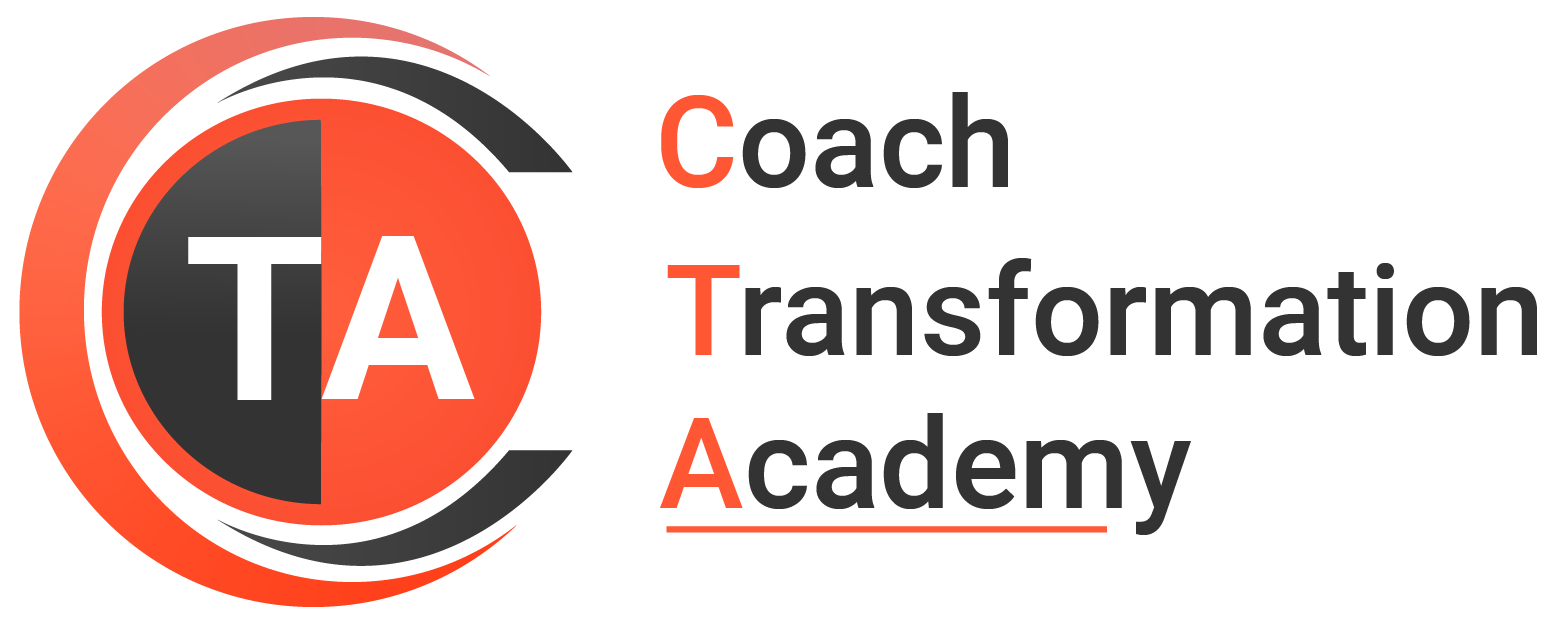The International Coach Federation (ICF) is the leader in developing a justified definition and philosophy of coaching, along with establishing a set of ethical standards that the ICF members pledge to uphold. The ICF Code of Ethics includes the ethical standards of conduct, the philosophy, definition of coaching, and a pledge that all ICF members and ICF credentialed coaches abide.
The aim of the code of ethics in coaching is to promote professional coaching practices. And raise awareness of people outside the profession about integrity, commitment, and ethical conduct of ICF coaching practices. The code of ethics in coaching serves as a model of excellence for all professional coaches and act as a tool in eliciting the best in every coach.
What is the ICF Code of Ethics?
The ICF Code of Ethics defines the core values of the International Coach Federation and ethical standards of behavior for all ICF professionals. Demonstrating ethical practice while understanding and consistently applying the coaching ethics and standards is the first rule of the ICF core competencies.
Guiding decision-making, the ethical reflection and setting standards of conduct consistent with the ICF core values, the ICF code of ethics provide the basis for ICF accredited programs through adjudicating and preserving coach standards.
What is the purpose of the Code of Ethics?
The International Coach Federation adheres to a holistic form of coaching. The sole purpose of the ICF Code of Ethics is to make professional coaches respectful of different coaching approaches. As well as make them realize that they are also bound by applicable laws and regulations. Understanding and applying the code of ethics to coaching modules can elevate professionalism and enable deep trust between coaches and clients.
The ICF Code of Ethics revolves around four fundamental responsibilities. They are listed and briefly described below:
1. Responsibility to Clients
This part governs the preliminary principle of coaching. A coach must ensure that clients and sponsors understand the value of coaching. This includes:
- Confidentiality
- Limits
- Financial agreement
- Handling all documents
- Managing potential conflicts
and more.
A coach should maintain the strictest levels of confidentiality. He must create an agreement regarding the roles, responsibilities and rights of all parties involved prior to the commencement of services.
2. Responsibility to professionalism
This section states that a coach should adhere to the ICF Code of Ethics in all interactions. A coach must ensure to commit excellence through continuous professional, personal, and ethical development.
3. Responsibility to Practice and Performance
Responsibility towards practice and performance means that a coach should precisely identify their:
- Coaching qualifications
- Level of coaching competency
- Training and experience
- Certifications and ICF credentials
A coach should make accurate verbal statements about what they can offer as an ICF professional. The client-coach relation needs to be absolutely professional. Any sort of discrepancies in any term will define the coach as incompetent.
Responsibility to society
A coach isn’t just for the client. Coaches also have a responsibility to add value to the society. They should be impartial and avoid discrimination. Any contribution and intellectual property should be honoured. In order to meet the Code of Ethics, a coach should remain honest and work with recognized scientific standards.
The ICF Code of Ethics is composed of five main parts:
- Introduction
- Key Definitions
- ICF Core Values and Ethical Principles
- Ethical Standards
- Pledge
You can download the 2020 version of the ICF Code of Ethics here.
To sum it up
Adhering these ICF ethical standards of behavior is the first ICF Core Competencies. That is, “Demonstrates ethical practice: understands and consistently applies coaching ethics and standards.” Additionally, ICF has also stated 25+ interpretive statements to support members and credential-holders in understanding the revised ICF Code of Ethics and applying them in their practice.
If you’re planning to be certified by the ICF, you always have to adhere to these ethics. A client may report the coach failing to follow the ICF Code of Ethics, leading to ICF’s further investigation.
Leave a comment below if you have any questions about ICF ethics or coaching ethics in general. We would love to hear from you! Do check out our blogs for much such information on the coaching world and training.






